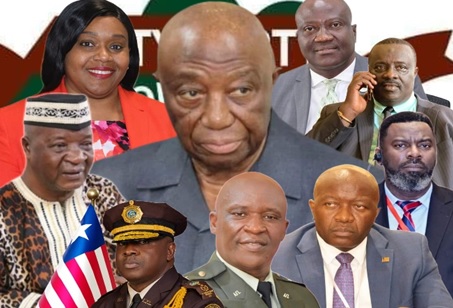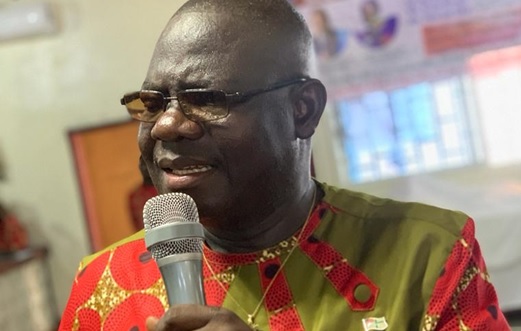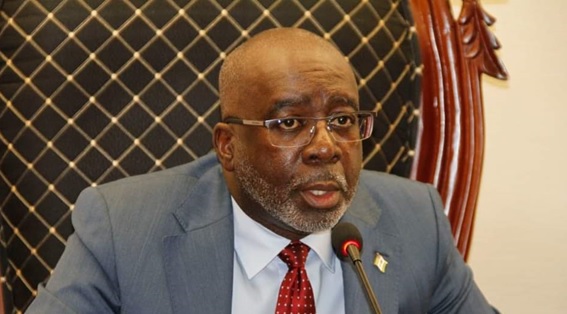MONROVIA – In a pointed critique of the Unity Party-led administration, political analyst and advocate Vandalerk R. Patricks has expressed deep disappointment over what he sees as ethnic and regional favoritism in President Joseph Nyumah Boakai’s appointments. In a compelling analysis released on October 17, 2024, titled “Lofa Takes All: The Impact of Ethnic-Regionality on the ARREST Agenda,” Patricks accused the Boakai administration of perpetuating tribal and regional politics that threaten the government’s integrity and national unity.
Patricks, who describes himself as a son of Lofa by lineage but a native of Firestone, Margibi County, warns that this rising trend of ethnic patronage mirrors the mistakes of the previous George Weah administration. “When President Weah first took office, he hired and appointed his relatives, friends, and officials from the Southeast where he comes from. The very individuals President Weah appointed, believing it would safeguard his government, betrayed him,” Patricks writes. He draws a parallel between Weah’s governance failures and Boakai’s current appointments, cautioning that tribal politics could lead to the same downfall for the Boakai administration.
Patricks asserts that President Boakai has disproportionately appointed officials from Lofa County to key government positions, despite having campaigned on the promise of national unity and inclusivity. He lists over 15 ministries, agencies, and key public institutions now headed by Lofa natives or individuals with close ties to the county. This includes crucial sectors such as the Ministry of Finance and Development Planning, the Ministry of Health and Social Welfare, and the Civil Service Agency.
In less than nine months, according to Patricks, President Boakai has appointed Lofa natives to head these agencies and ministries, reflecting a clear pattern of regional favoritism. This, he argues, contradicts the president’s pledge to uphold national unity under the “Rescue Mission” banner. Patricks describes the administration as more of a “Rascal Mission” than a “Rescue Mission,” highlighting the disparity in regional representation in Boakai’s appointments.
Patricks also reminds the president of Liberia’s Executive Law of 1973, which mandates that cabinet ministers be selected from each of the country’s 15 counties to ensure regional balance. Yet, in his analysis, Patricks claims that Lofa County has overwhelmingly dominated the president’s choices for key government roles, despite the county not voting in large numbers for Boakai during the election.
“Political rewards are on earth, not in Heaven,” Patricks notes, emphasizing that government positions should be evenly allocated among the president’s supporters from across the country. This perceived lack of inclusivity, he argues, undermines Boakai’s credibility and hinders the effectiveness of the government’s ARREST Agenda, which focuses on reform, accountability, and transparency.
In his critique, Patricks draws attention to the Rule of Law, a key pillar of the ARREST Agenda, which he says is being eroded by the administration’s favoritism. He argues that any effort to marginalize qualified individuals from other regions weakens the mission to restore trust in governance.
Patricks concludes his analysis by calling on President Boakai and the “Rescue Missionaries” to rethink their approach and address the growing concerns about tribal and regional imbalance in the administration. He stresses that if the Rescue Mission is truly about saving Liberia and its people, it must be inclusive, transparent, and free from the pitfalls of tribalism that have historically plagued the country.
While Patricks makes it clear that his stance is not born of personal envy toward government appointees, he believes that the increasing dominance of Lofa natives in the Boakai administration could sow discord and harm Liberia’s prospects for long-term national development.
Ultimately, Patricks’ critique serves as a wake-up call for the Boakai administration. As Liberia’s political climate remains fragile, the government’s ability to navigate issues of regionalism and tribalism will determine its success in fostering national unity and advancing the ARREST Agenda.







